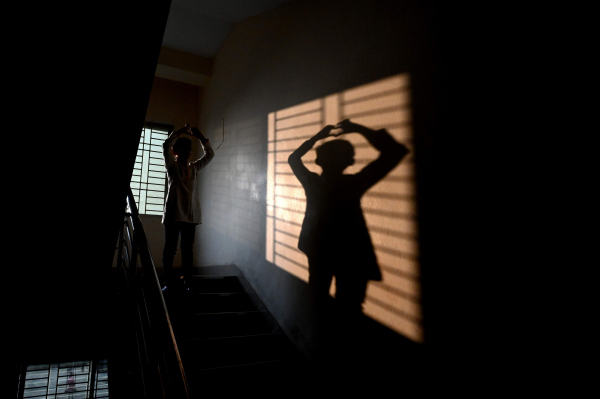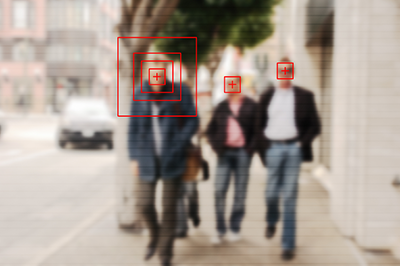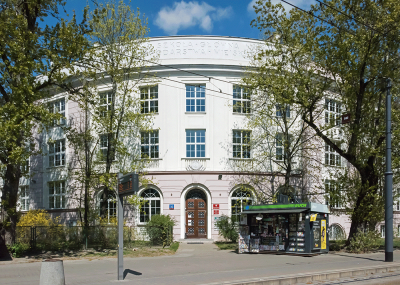
The Senate Legislative Committee recommended that the Senate reject the bill on the State Commission for Investigating Russian Influences on the Internal Security of the Republic of Poland from 2007 to 2022. The HFHR submitted a critical opinion on the bill to the Senate.
The law proposes that the Sejm establishes a nine-member Commission to investigate Russian influence on Poland's security and to issue countermeasures. As part of the latter, the Commission would have the power to revoke the security clearance necessary to be acquainted with secret information, revoke weapon permits and even rule a ban on performing functions related to the spending of public funds. "At the same time, the justification behind the draft law does not contain convincing arguments proving the actual necessity of establishing such a body and duplicating the already existing institutions," - emphasises advocate M. Wolny, lawyer of the HFHR.
In the Foundation's opinion, the very conduct of the proceedings by the Commission will be extremely stigmatising and will contribute to the portrayal of the selected person as a Russian agent. This, combined with the harsh nature of the measures adjudicated by the Commission, should support the recognition of the Commission's conduct as repressive. "The consequence of this assumption is that such proceedings must meet a certain standard of procedural guarantees and guarantee an individual an effective right to a court. The Commission Act does not meet such a standard. The Commission itself enters the arena reserved exclusively for courts". - Marcin Wolny points out.
The HFHR is critical of how the legislator regulated the basis for the Commission's operations. It drew attention to its use of undefined phrases and very imprecise regulation of the issue of qualifying certain persons as acting under Russian influence to the detriment of Poland. As a result, the Commission would gain practically unfettered freedom in recognising certain persons as Russian agents.
The Foundation also considers it unacceptable to grant the Commission the right to attribute responsibility to individuals and to draw negative consequences against them for actions they had taken in the past that did not constitute a crime at the time. This solution is incompatible with the constitutional prohibition of punishment without legal basis.
The HFHR also criticised the legislature for creating a commission to investigate Russian influence on sectors of social organisations, the media, or political parties, believing that this would contribute to the unlawful creation of a negative image of individuals. "In our opinion, this is an attempt to organise a kind of witch hunt. The ruling majority, in order to strike at political opponents, is playing with the issue of state security, i.e. the Polish raison d'état," Marcin Wolny points out.


